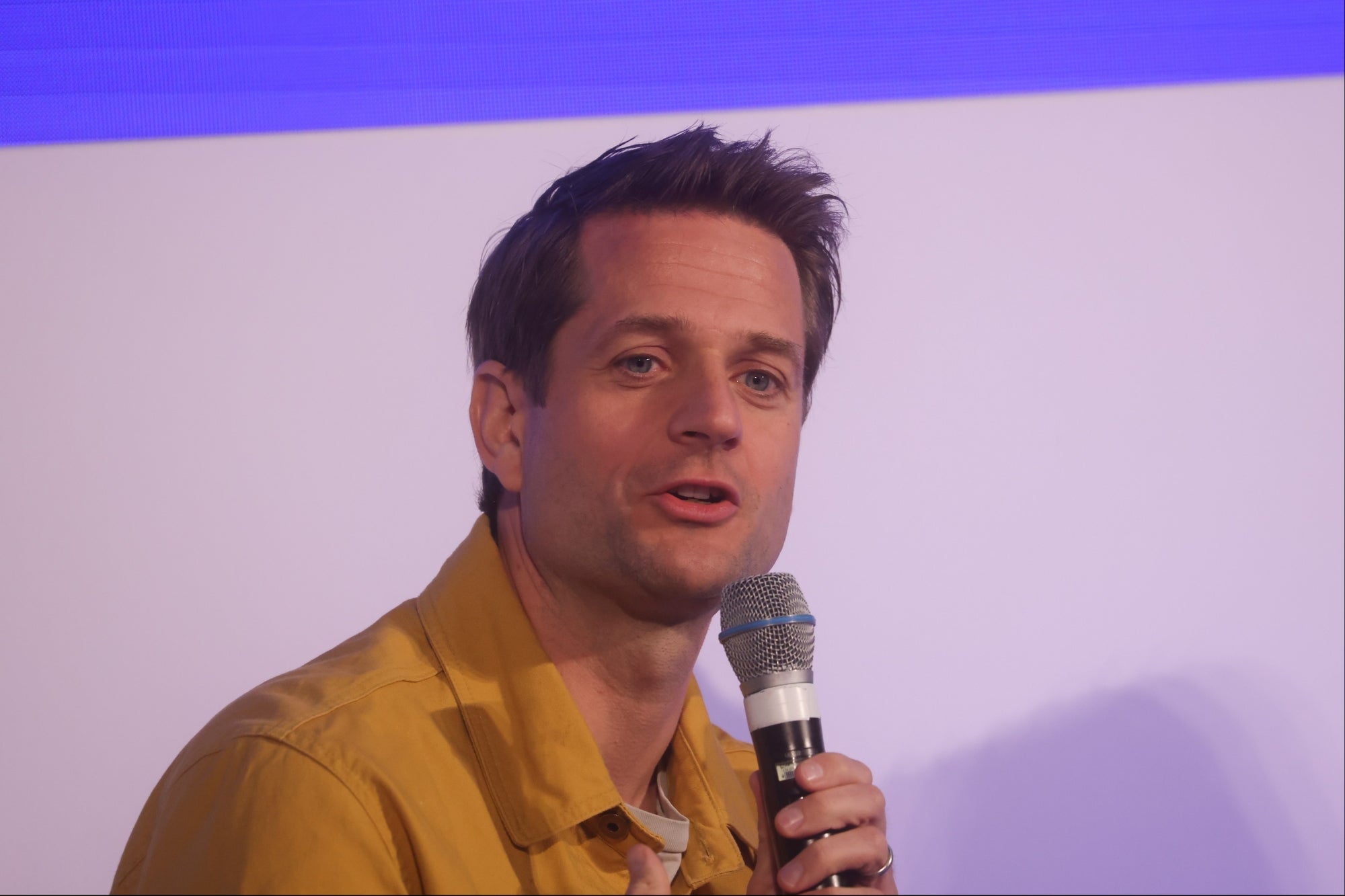Harnessing Human Capital In The Middle East "People are our greatest asset" is a mantra often trumpeted in labor-intensive, particularly service, sectors, but this has been challenged by commentators such as Anthony Bradley and Mark McDonald in the Harvard Business Review.
Opinions expressed by Entrepreneur contributors are their own.
You're reading Entrepreneur Middle East, an international franchise of Entrepreneur Media.

"People are our greatest asset" is a mantra often trumpeted in labor-intensive, particularly service, sectors, but this has been challenged by commentators such as Anthony Bradley and Mark McDonald in the Harvard Business Review. They argue that there are other, more influential factors that help to sustain competitive advantage, such as financial and physical assets, and technological innovation. In capital-intensive sectors, this is easy to understand– in an LNG business in Qatar, it is the gas field and associated exploration rights that are the greatest asset to the firm, not the staff that work there.
Yet even in the most capital-intensive business, without the right people running it, the business will fail. What is absolutely business critical is getting the right people in the right job. Organizations need to look after their employees and managers, as that is likely to result in extra commitment and productivity that will impact directly on the success of the business.
In the GCC region, people management and development still tends to be regarded as an "administrative function" within many organizations. Too often, this means that the human capital departments contribution to business strategy and growth is lost, and the contribution of effective people management and development to top and bottom line business performance is not fully recognized or understood.
But while HR tends to struggle for credibility, talent management seems to have caught the attention of CEO's and senior management in companies across the world, including those in the Middle East. It's defined as the organization's commitment to recruit, retain and develop the most talented employees available. The Pareto Principle, or the 80/20 rule, says that 80% of contribution is made by 20% of the employees: i.e. a small cohort of employees make a disproportionate contribution, and it is this most talented group that gives the company a real competitive advantage.
Is the distinction between "people" and "talent" helpful?
Margaret Heffernan and others argue that such a binary judgment -talent or not- is unhelpful. This is primarily because performance can change over time, just as individuals change. Talented individuals are unlikely to be doing the same jobs when they start with the company, compared with ten years' time, and the skills that they need will change as they progress. Beware, though, the "Peter Principle," where people will be promoted beyond their capability, and might not be able to perform at the higher level.
On the other hand, there are many examples of people who started badly yet went on to become great successes. Henry Ford's early businesses failed, but he went on to drive the Ford Motor Company to success; Colonel Sander's Kentucky Fried Chicken was not an overnight success; and Walt Disney was dismissed by a newspaper editor, because he "lacked imaginations and had no good ideas."
In short, defining "talent" can be wasteful as it writes off others not regarded as "talent." Employees may be reluctant to bring their best game to work if they have been indirectly told that they are not talent, and therefore, don't have a great long-term future with the company.
The Middle East and particularly the GCC is unique as the economies have a high dependency on expatriates. This might mean that local workers feel marginalized, and possibly miss out on opportunities to move up to higher level professional and managerial positions. Governments in the region have seen the risk of potential alienation amongst young people in the Arab Spring of 2011.
From both a government perspective, and for reasons of social responsibility at corporate level, it makes sense that all staff should be regarded as talent. Everyone has the potential- given the right opportunities, although even if everyone is regarded as "talent," only a certain chosen few can be selected for programs such as leadership training or be identified as potential successors.
Stanford University's Carol Dweck argues that having a "growth" mindset, as opposed to a "fixed" mindset, is the best indicator of future success. The "growth" perspective says that everyone can get smarter. Continuous learning is embraced and setbacks are seen as positive; individuals learn how to persist when things get tough. Dweck believes that not everything can be measured, and testing cannot always be relied upon. Grading and ranking of staff tend to reinforce a "fixed" mindset, thereby inhibiting the potential of people to succeed. Laszlo Bock, former HR Director at Google, believes that assessment of talent is needed frequently a bynd using a variety of methods, while Angela Lee Duckworth sees grit as the differentiator, where someone has a passion to achieve meaningful goals and works very hard to make these a reality.
Clearly, it is a journey. We can't all be anything we want, but I do believe that individuals have the capacity to go much further than they may believe themselves, or their HR department believes! The challenge for business is to capture the talent within and make it work not just for the organization but the individual themselves. Make the human capital a key asset and the business will benefit. This can be a self-fulfilling prophesy, as Henry Ford said: "Whether you think you can or can't, you are right."
Related: To Advance Qatar's Tech Ecosystem, An Investment In Human Capital Is Needed












